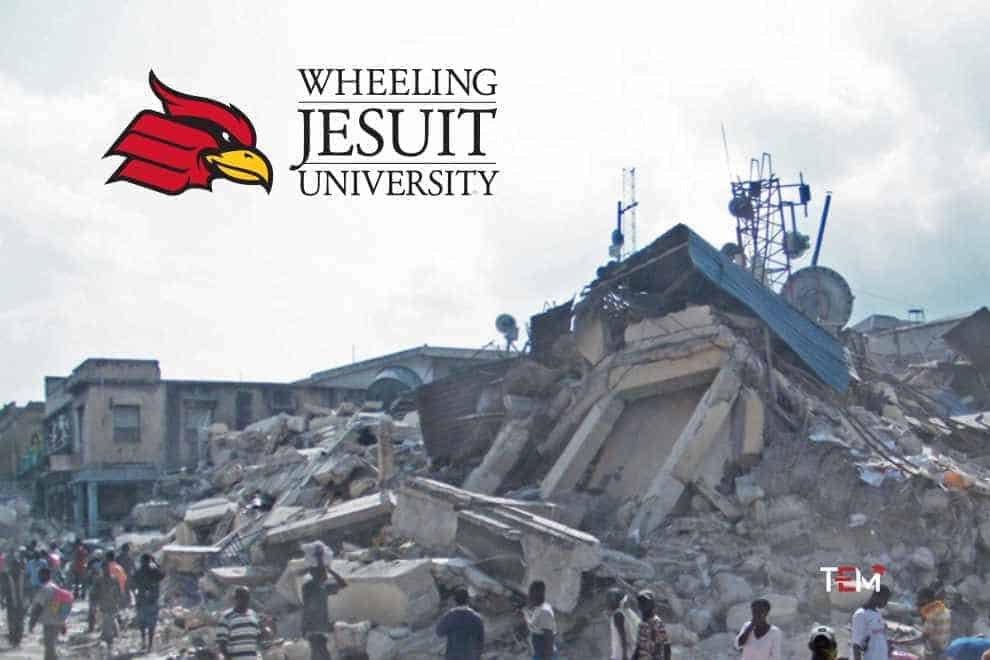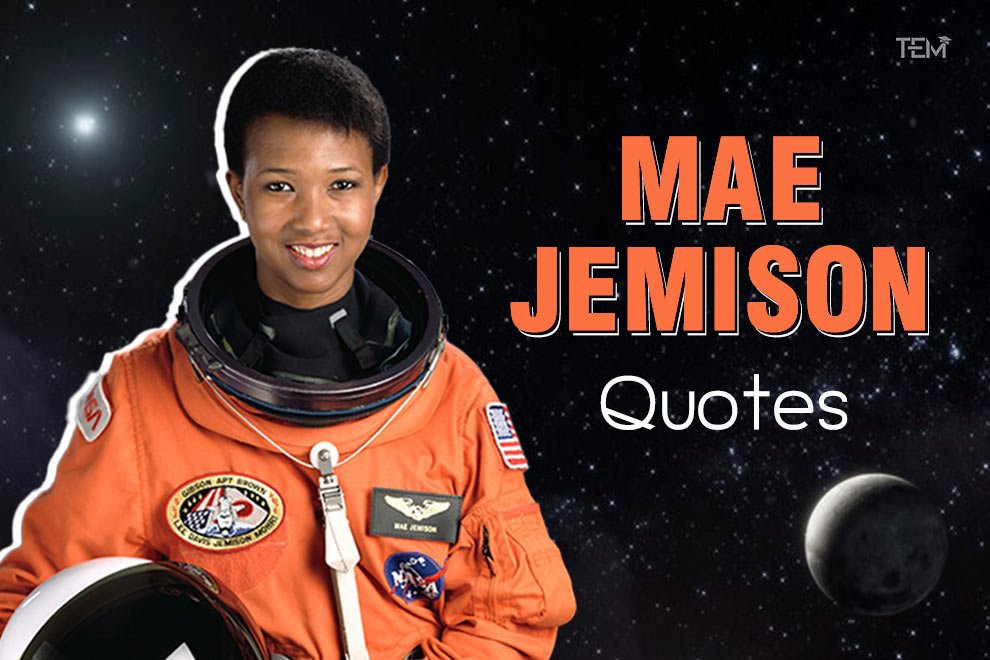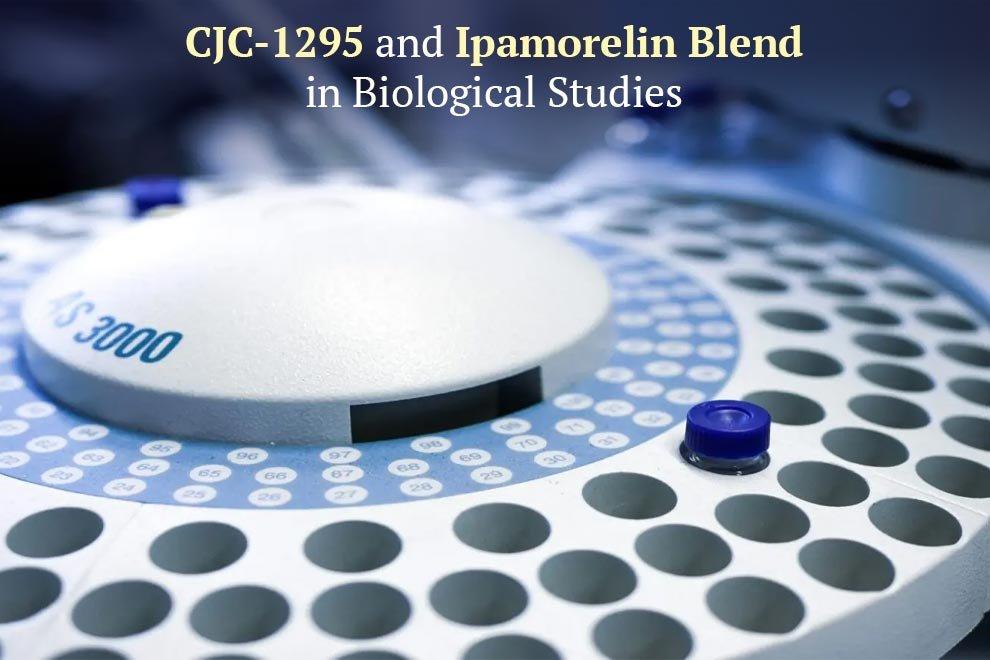The grants will assist in natural disaster education
The 1.3 million dollar assistance was given to the Center for Educational Technology and The Challenger Learning Center at Wheeling University. With the money, they have to design and implement a program for the middle school.
The people of Wheeling along with the rest of the country have felt the brunt of disasters caused by nature in recent times. Wheeling University will organize events to portray these natural phenomenons and its radical implications to life, so the student can learn and get educated about natural disasters and encourage science among them.
The grant from the National Institute of General Medical Sciences helps the Center to build Simulation named “Natural Disasters & Health”. This will train the students for the roles of emergency responders, scientists, and doctors.
The Lead of the program, Charles Wood said, “Natural Disaster & Health will provide disaster health education as live.” The program is consists of a 90-minute long video that will have real-life simulated situations.
Teach the students the response system in case of an emergency
The program intends to provide students the knowledge of disaster management and equip them with the skills of how does the body reacts in the situation of a disaster. They will classify the survivors, identify the injury suffered and treat them accordingly.
Towards the conclusion of the program, the school authorities may ask the resident public health or emergency management professionals to teach the students about past and future natural disasters. This will make students use the skill that they have learned to make a home disaster response plan.
The online program syllabus will have the human body responds to these disasters and it will be integrated with the different professions that are needed in the situation of a disaster. The program not only helps the student but will support the teachers to grow professionally.
Challenger Learning Center Director, Jackie Shia said, “The two centers 26-year-old history has demonstrated that immersion of students in vibrant science simulations can trigger lifelong interest in science, yielding future scientists, engineers, and doctors, as well as a more scientifically literate public.
The major aim of the program is to educate the students about the repercussions of natural disasters on life.










